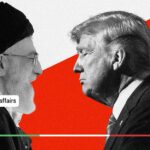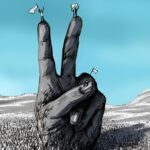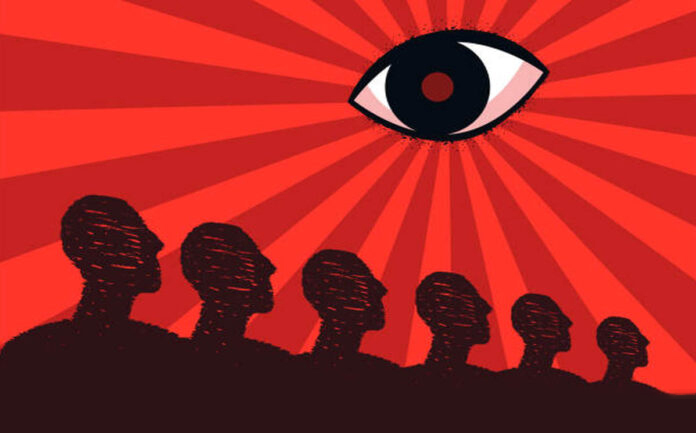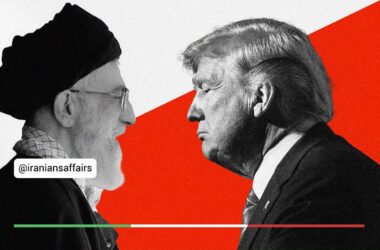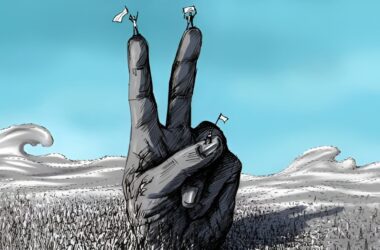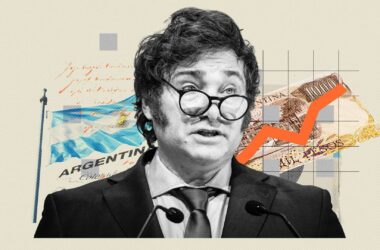All issues are political. In an era of totalitarianism, the same dominance, discrimination, and cronyism that lead to the subjugation, humiliation, and exclusion of outsiders in politics also manifest in the economy, culture, and society, proportionally to one’s level of being an outsider or standing in opposition to power.
Reality can only be fully perceived through the eyes of those most marginalized. Opinions and judgments on any issue are understood in relation to an individual’s position vis-à-vis power. Insiders are often blind to the dangers, pains, and challenges endured by outsiders. Understanding justice is only possible by putting oneself in the place of the most marginalized in each situation.
One cannot act correctly in politics without adopting a theory of justice. From our experience, understanding the plight of outsiders is the prerequisite to discovering the principles of justice in a state of ignorance. A theory of justice serves as a guide for future legislation and sets the boundaries for conscientious civil disobedience during periods of unjust laws.
There is no clear picture of the possibilities and impossibilities of development in Iran. Data and statistics are manipulated. Over-dramatization of crises has sometimes made identifying genuine problems difficult. Authoritarian interventions have limited the scope for change and tied everything to political reform.
Development is a political matter and lies within the sphere of power. A citizen-centric democracy within a liberal political system is the guarantor of sustainable development. Governments have the power to make honorable and good living either easy or difficult. If a government makes moral behavior hard, high expectations from the public are unreasonable.
Often, the nature of a political system is mistakenly equated with the nature and agendas of political parties. Liberal and social tendencies can exist within democratic liberal systems. However, non-liberal regimes block the paths to success and freedom. Normal living and a stable nation cannot be realized and sustained without a liberal system.
In the suspended state of political economy under totalitarianism, pained awareness has replaced class consciousness. In this structure, where insiders enjoy benefits in the economy, politics, culture, and society while outsiders face deprivation, humiliation, exclusion, and marginalization, every issue, inequality, oppression, and discrimination is rooted in the authority of power. Here, class consciousness tries to interpret power through an economic lens, equating it with neoliberalism and pursuing it in a historical struggle outside the Iranian context, failing to recognize the unique characteristics of this disorder. The origins of ownership, productivity, and domination here do not lie in the production system but are rather an offshoot of it.
